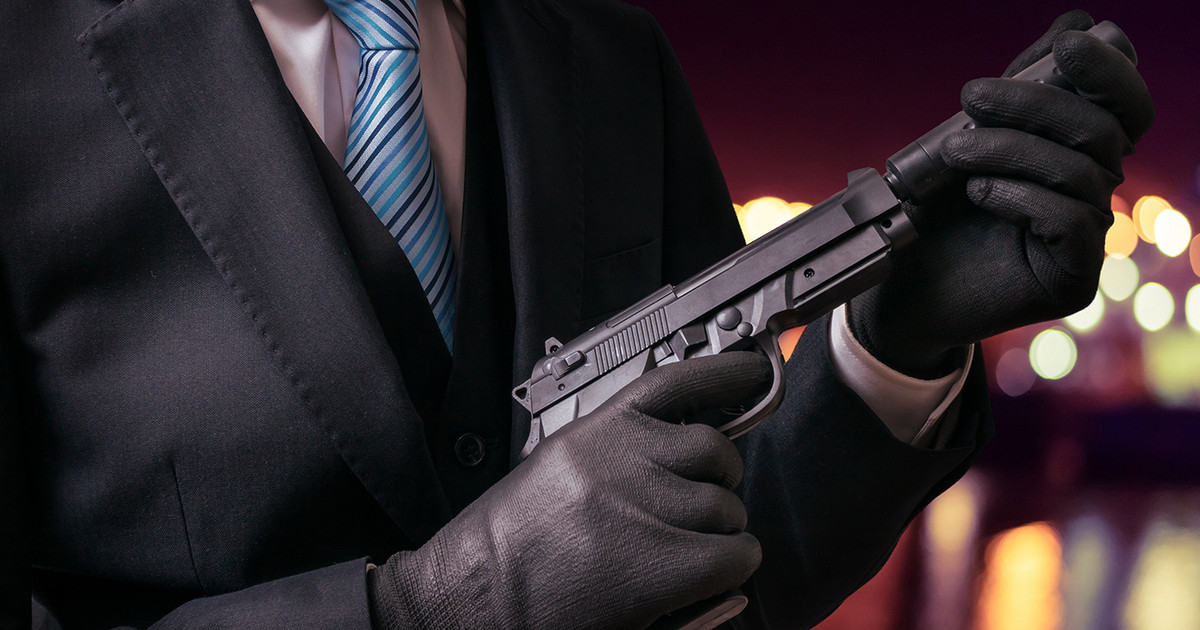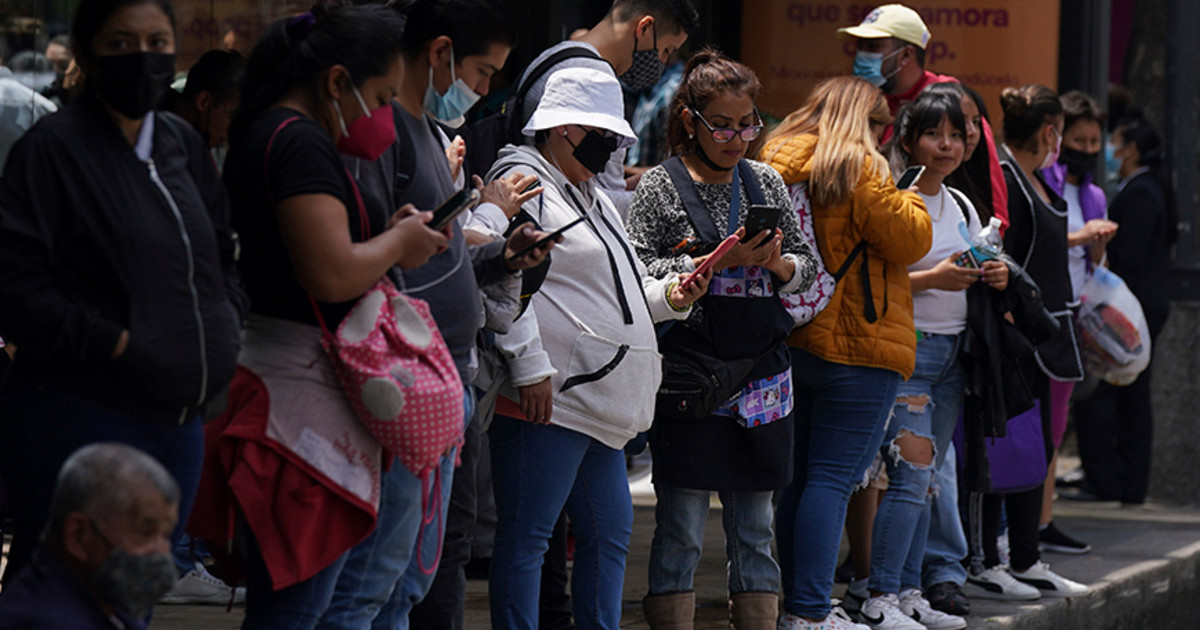Russian President Vladimir Putin is expected to win re-election in national elections beginning March 15, securing a fifth term and a third full decade as Russia's supreme leader.
With the death of Russia's main opponent, Alexei Navalny, it is fair to say that Putin's political career has reached the president-for-life stage.
But his new anointing reveals an uncomfortable fact for Russia's future political stability: the president and his circle have made no visible preparations for a post-Putin era.
This may not seem like an urgent issue for the man who is now Russia's longest-serving leader since Soviet dictator Joseph Stalin – in 2020, Russian voters endorsed constitutional changes that would allow Putin to remain in power until 2036.
And even before Putin announced his candidacy, the Kremlin made it clear that it does not see any alternatives to its one-man system of rule on the horizon.
“If we assume that the president is a candidate, then it is obvious that there can be no real competition for the president at this current stage,” said Kremlin spokesman Dmitry Peskov, adding that Putin “enjoys the absolute support of the population.”
Putin is 71 years old, a decade younger than US President Joe Biden.
He may be surpassing the average life expectancy of a Russian man, but his recent public appearances seem to portray someone in terrible health.
But while Putin appears to be in no rush to groom a successor, some Kremlin observers note that Putin's re-election highlights a problem: that the system built over the past two decades under his rule is fragile, gerontocratic and vulnerable to a major shock. , especially the illness or death of the person at the top.
“Several challenges may be closer than we think,” said Andreas Umland, an analyst at the Stockholm Center for Eastern European Studies.
“Putin could theoretically rule for another 12 years. [Mas] I don’t think that will happen, especially if Ukraine achieves new victories that will have repercussions on Moscow,” he added.
Umland said last year's armed insurrection carried out by Wagner mercenary Yevgeny Prigozhin – successfully quashed but the greatest challenge to Putin's rule ever seen – and the unfounded rumors about Putin's health emerging on anonymous Russian channels Telegram and social media suggest that succession concerns may be hidden behind the Kremlin's opaque facade.
“It’s not so much the content of the rumors but the fact that rumors can spread” that is significant, Umland said.

On paper, Russia is a country of laws. The Russian Federation has a constitutional system that provides for an orderly succession.
In other words, if Putin dies or becomes incapacitated in office, his powers will be temporarily assumed by the president of the government, a position currently held by Prime Minister Mikhail Mishustin.
But in practice, analysts say Putin presides over something akin to a judicial system, in which the president is the final arbiter of disputes between competing elite factions.
And where the Soviet system had a consensus-driven Politburo that established a relatively stable (if opaque) mechanism for the transfer of power, some observers have compared Putin's inner circle, which includes wealthy friends, representatives of the state security apparatus, and loyal technocrats, for a kind of “Politburo 2.0” that could manage a potential succession.
Putin's Russia also has another precedent for handing over power to a trusted successor, in addition to constitutional solutions that have already extended his term.
In 2008, Putin reached the end of his second presidential term and handpicked a replacement, Dmitry Medvedev.
But while Medvedev inherited the chemodanchik (nuclear suitcase with launch codes) and the seat on the Russian equivalent of Air Force One, Putin remained the real power behind the throne and won a third term in 2012.
Medvedev signed a law changing presidential terms to six years and then Putin reset the term limits count with the 2020 constitutional referendum.

Not surprisingly, Putin's intention to remain in power has become an object of ridicule from the Russian opposition.
When Putin announced his intention to run for a third term, a meme of the Russian president transforming himself into decrepit Soviet leader Leonid Brezhnev went viral, an image that appeared at opposition protests.
The Kremlin has undoubtedly studied how neighboring autocrats maintain their grip on power.
Belarusian strongman Alexander Lukashenko avoided mass protests in 2020 after widespread allegations of vote stuffing; he now plans to run for re-election next year.
Chinese President Xi Jinping, who calls Putin his “close friend,” has tightened his control over the Chinese Communist Party and overseen the abolition of term limits.
And in Kazakhstan, President Nursultan Nazarbayev resigned from office after three decades of rule, retaining the presidency of the country's Security Council and the title of Leader of the Nation.
Nazarbayev's case, however, may have proved instructive for the Kremlin. Following the violent protests of January 2022, Nazarbayev was removed by President Kassym-Jomart Tokayev from his position on the Security Council and lost important policy-making privileges.
Trustworthy successors, it seems, can only be trusted for so long.
Some Russian political observers speculate that the real competition to succeed Putin will not be likely before the 2030s, when Putin reaches his sixth term.

Russian political observer Andrey Pertsev described some of the potential contenders as “princes” who are quietly building their own bases of support in anticipation of Putin's eventual departure.
Even former President Medvedev, who lost second place in 2020 when he stepped down in a government reshuffle, may still have aspirations.
Although considered by some observers to be a serious political actor, Medvedev has used the war in Ukraine to carve out a place as a strident, anti-Western voice, most recently appearing before a map of a divided Ukraine and declaring that “Ukraine is definitely Russia.”
Whether or not Medvedev gets another chance at Russia's top job, the invasion of Ukraine has changed the official tone in elite Russian circles to one of unbridled bellicosity.
And Russia is now a postmodern autocracy that can boast Putin's still sky-high approval ratings (however skewed) and his inevitable re-election (however undemocratic) as a sign of legitimacy and unquestioning public support for the war.
Source: CNN Brasil
Bruce Belcher is a seasoned author with over 5 years of experience in world news. He writes for online news websites and provides in-depth analysis on the world stock market. Bruce is known for his insightful perspectives and commitment to keeping the public informed.






